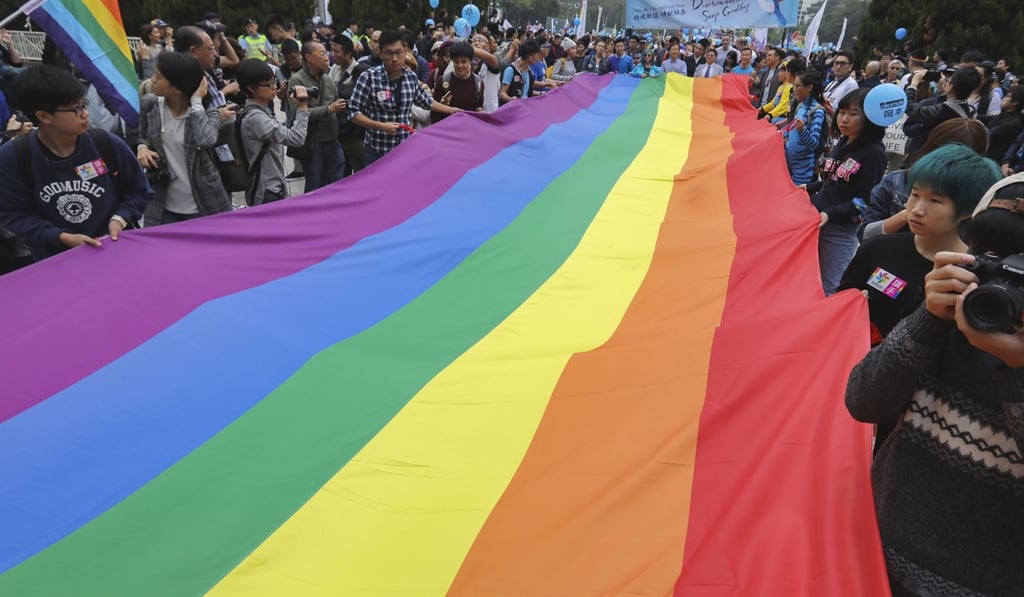While Taiwan has legalised same-sex marriage, Hong Kong is still struggling with workplace discrimination against LGBT staff – is the city ready for change?
- Construction worker suffers cruel teasing from colleagues, while woman believes she was overlooked for managerial role
- New EOC chairman Ricky Chu has made anti-discrimination initiatives to protect members of LGBT community a top priority

When construction worker Matrix Suen, 29, recently came out as gay to a senior colleague, he did not imagine his personal story, which took courage to reveal in an industry known for its masculine image, would be spread among others as a cruel joke.
It was a rude awakening for the diploma holder, who had worked for 11 years in various blue-collar vocations before realising his new workplace was not ready to accept his sexual orientation.
It had only been his second month in the job.
Despite billing itself as a cosmopolitan society, Hong Kong is still grappling with LGBT issues, and the struggle may be most pronounced in the workplace, according to experts, especially among manual jobs stereotyped as only for macho – and assumed heterosexual – men.

The discrimination can range from being the subject of tasteless jokes, as in Suen’s case, to being passed over for promotion. Yet, this also extends into the social sphere, in the form of ill-thought-out speeches, cold shoulders or dirty looks on a daily basis.